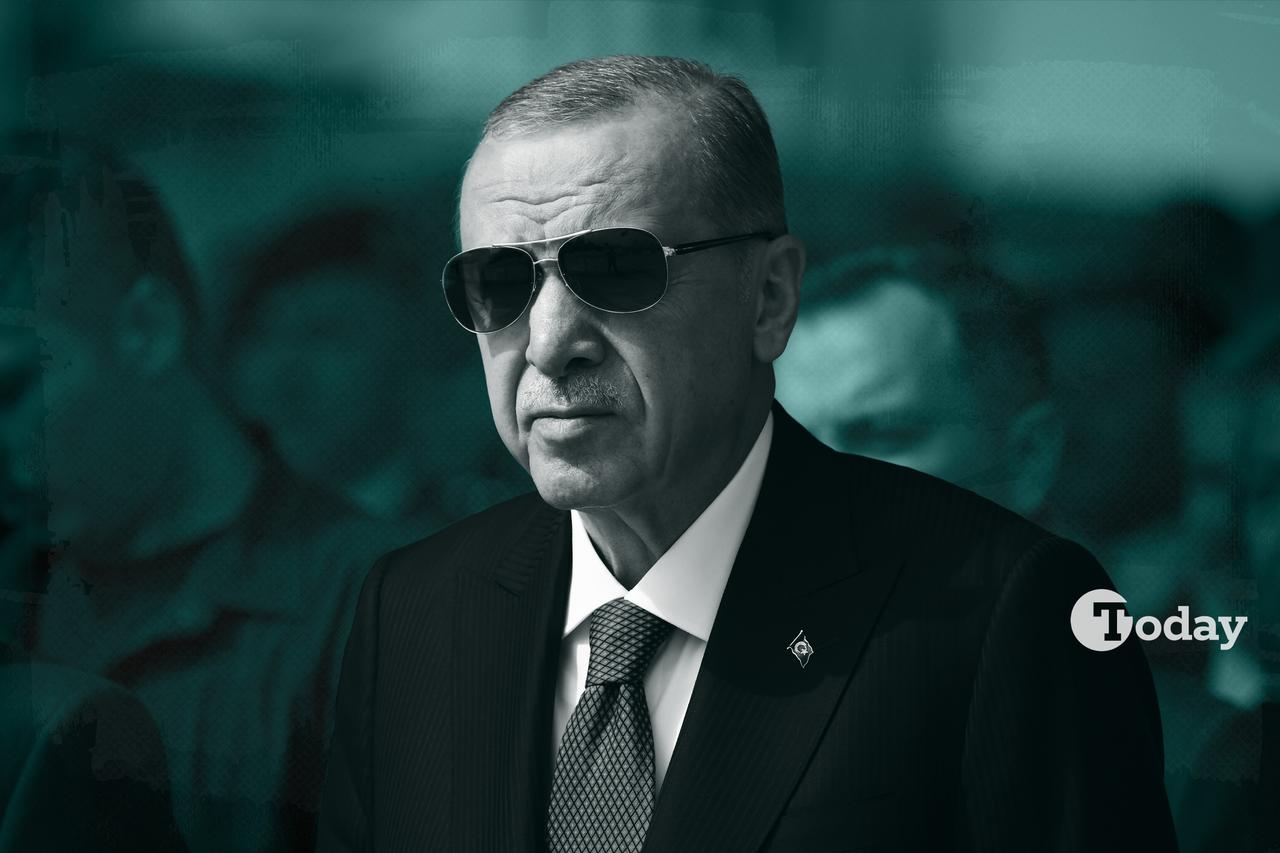
Israeli academics expressed concerns about potential direct confrontation between Türkiye and Israel over Syria, citing ideological differences and regional power dynamics as major obstacles to improving bilateral relations, according to exclusive interviews conducted by Türkiye Today.
Even though Türkiye shies away from looking like a "patron" in its relations with Syria's new management, the interviews with major Israeli academics reveal that Israel sees Türkiye as Syria's new "protector and patron."
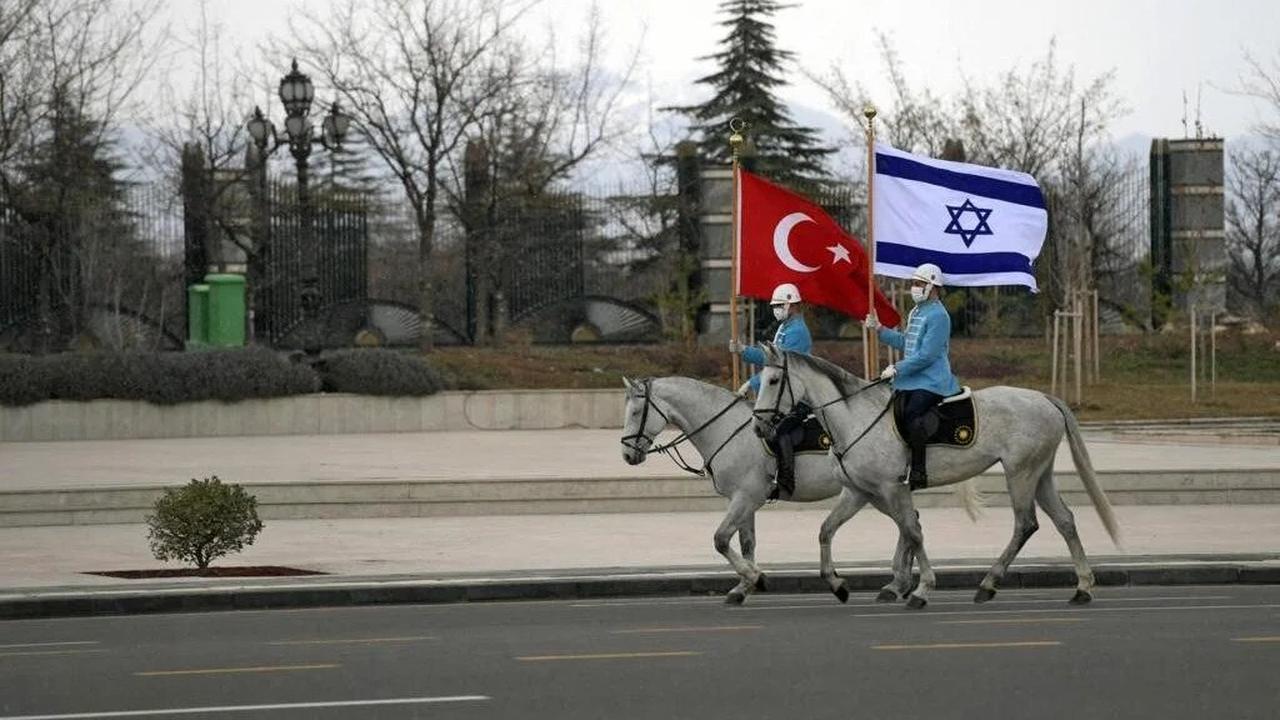
Professor Meir Litvak, from the department of Middle Eastern history at Tel Aviv University, warns that changes in Syria's political landscape could bring Türkiye and Israel to "open confrontation."
"Türkiye is the dominant foreign player in Syria; it is in many ways a patron and protector of the new regime in Syria," Litvak told Türkiye Today. "Israel, following the Hamas attack in Gaza, is afraid of potential conflict with the new government in Syria and has taken various military measures to deprive the new regime of certain military capabilities, and has temporarily seized, in my view, various positions in Syria."
He added that since Türkiye regards Israeli measures as an attack on Syria, it has threatened retaliatory action, though both parties are currently showing restraint.
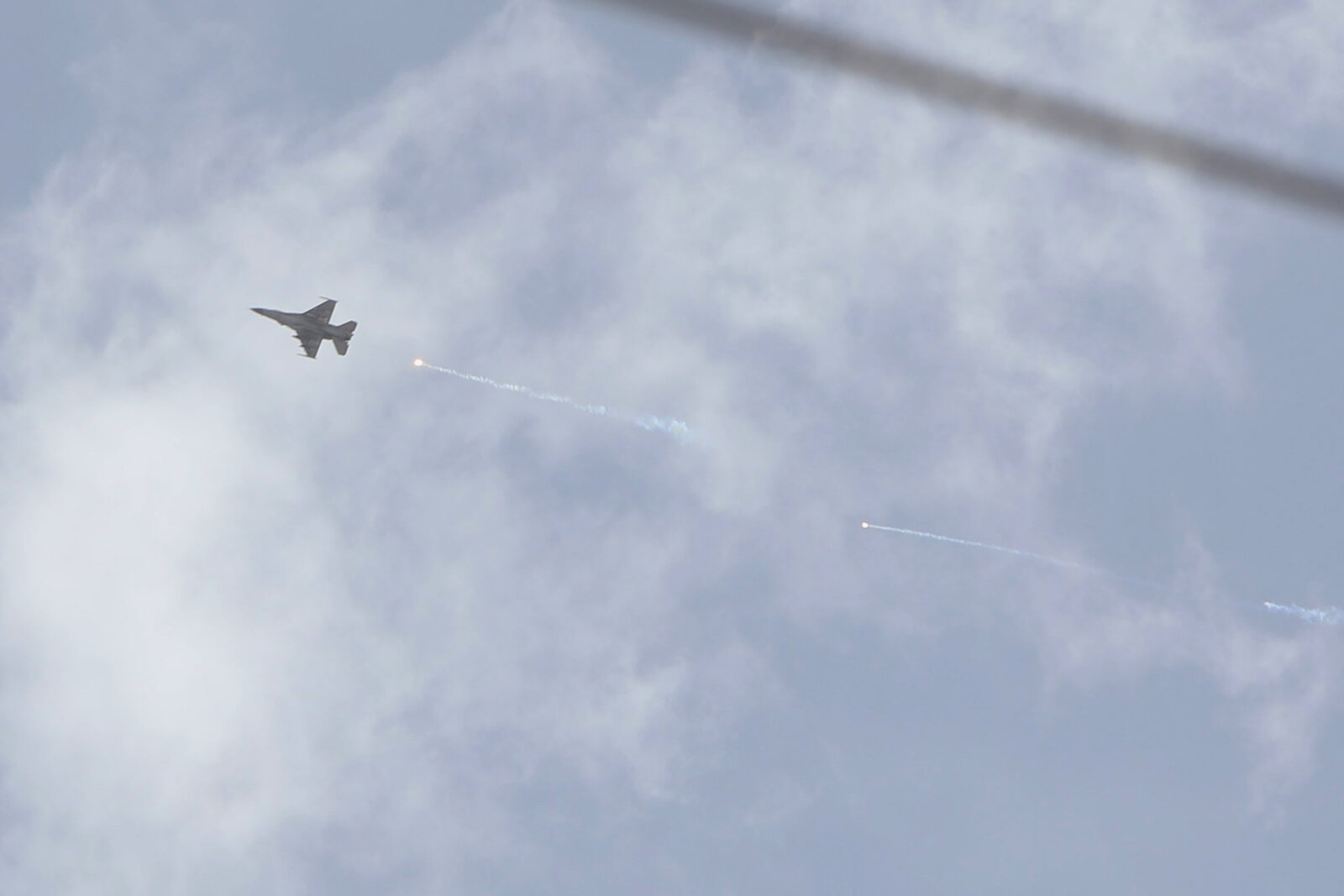
Academics addressed the potential impact of the Trump administration on Türkiye-Israel relations, with Professor Litvak noting that Trump sees Türkiye as an ally and has a "very favorable view" of President Erdogan.
"I don't think that he will play a mediating role between the two countries. He may put some restraints on Israel, and his attitude may provide President Erdogan with the confidence that he can take a tougher position vis-a-vis Israel," Litvak stated.
Professor Dan Shapira from Bar-Ilan University's Department of Middle Eastern Studies offered a slightly more optimistic view, saying, "President Trump regards both Israel and Türkiye as close allies. I hope that he would help heal the Israeli-Turkish relationship, but this is highly unlikely given current Turkish attitudes toward Israel."
Türkiye strongly condemns Israeli attacks and civilian killing in Gaza, amounting to the level of genocide for international observers.
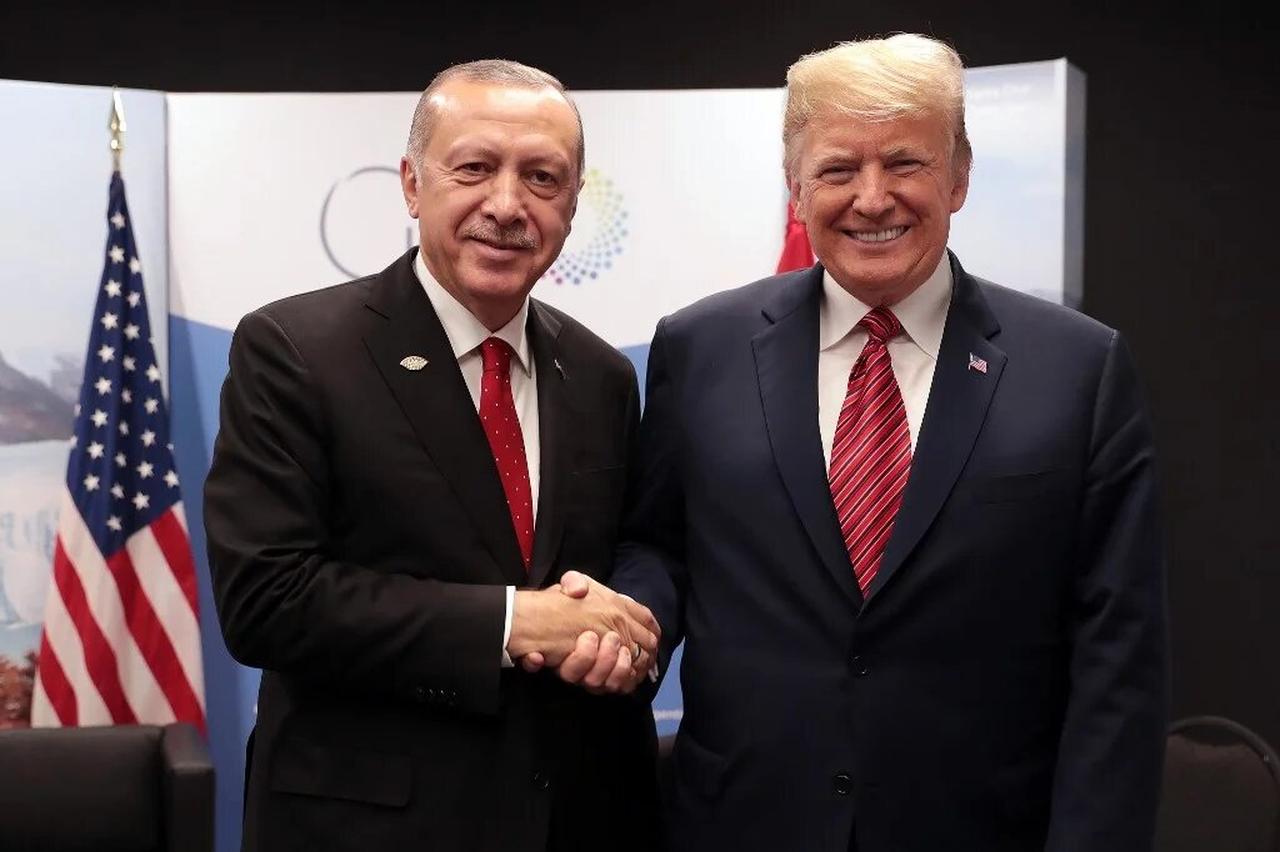
Both academics identified the 2010 Mavi Marmara incident as a critical breaking point in Türkiye-Israel relations, with further deterioration following the Oct. 7, 2023, Hamas attack on Israel and the subsequent war in Gaza.
"You can think of several crises. Shortly after his election, Erdogan (then still Prime Minister) began to distance himself from Israel, viewing it as too closely aligned with the Turkish military. For example, he decided not to sign new deals with the Israeli defense industry," Litvak stated.
"The Mavi Marmara incident was certainly a major crisis, which led to a sharp deterioration in relations. Although Prime Minister Netanyahu apologized to Türkiye at the behest of U.S. President Obama, bilateral relations did not fully recover," Litvak explained.
Shapira noted that "for Israeli public opinion, it took several years to absorb the size of the crisis, because Israelis loved to love Türkiye, Turkish culture, and Turks."
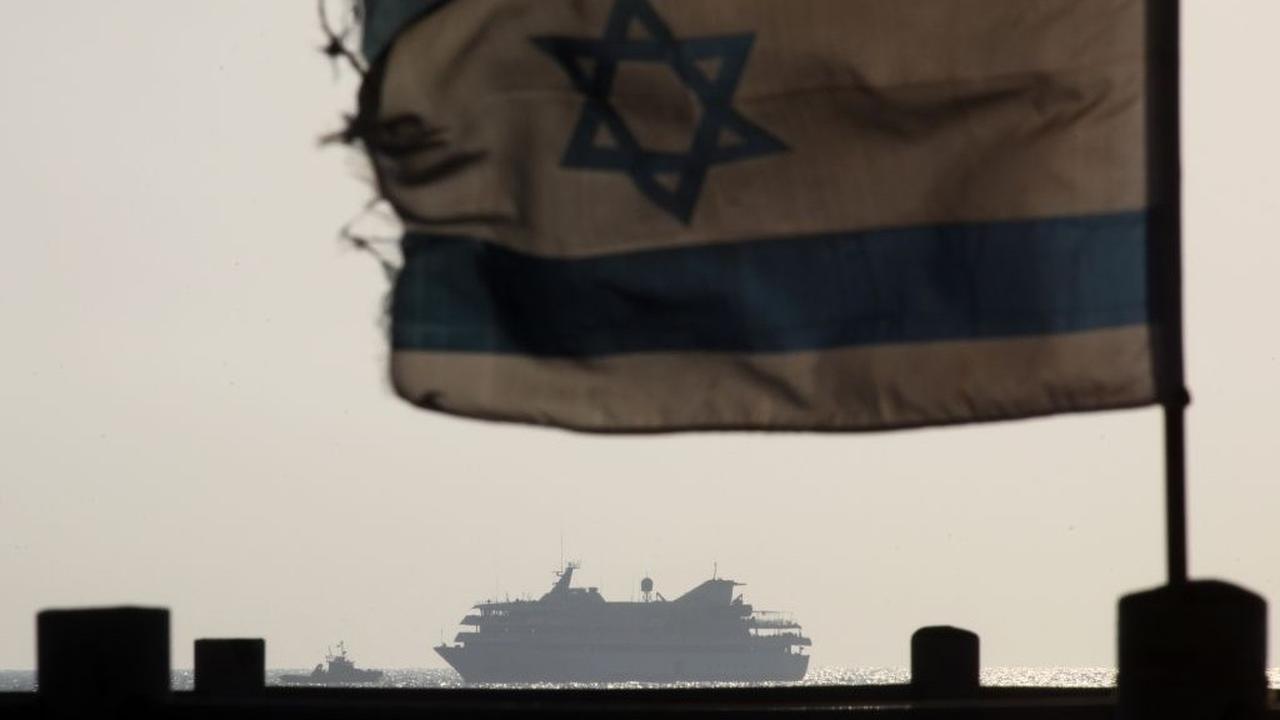
Both professors are pessimistic about improved ties while current leaders remain in power in both countries.
"I doubt very much the potential of improvement as long as President Erdogan is in office. I think that his ideological and maybe also personal emotional hostility toward Israel is too deep to allow improvement from his side," said Litvak.
Shapira expressed concern about potential conflict escalation, stating, "I hope we will not fight in an open war. There are voices here saying we should be prepared for such a scenario. Those who speak of such a war are certain who will win and who will lose."
Shapira outlined two competing Israeli attitudes toward Syria: allowing it to fragment into cantons or supporting a strong central government to prevent anarchy. He noted Israel's interest in Russian military presence in Syria as a counterbalance to Turkish influence in the north.
"Israel would be very interested in restoring or improving its relations with Türkiye, but this is up to Türkiye," Shapira concluded.